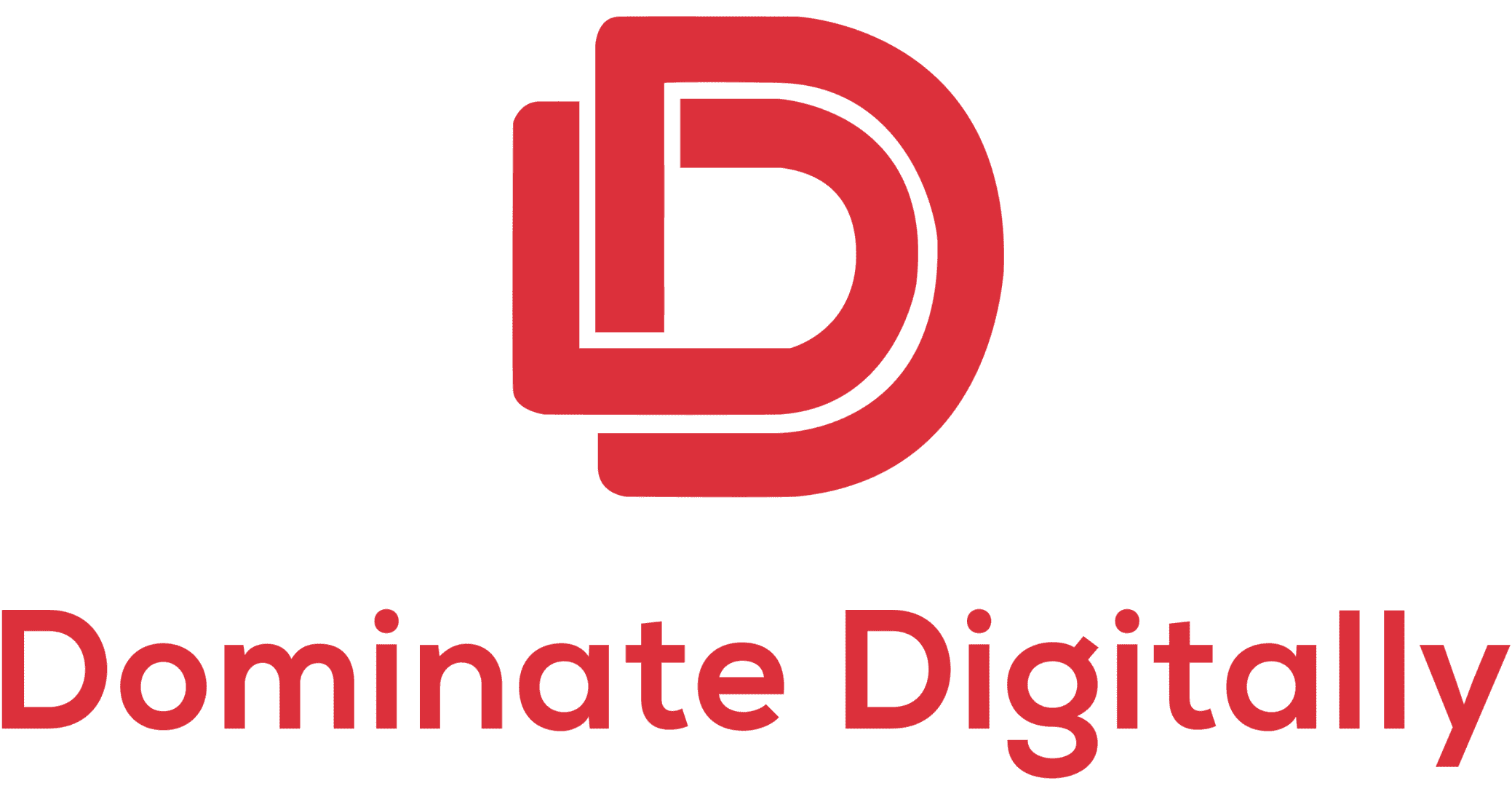In the rapidly evolving digital landscape, understanding the intricate relationship between social media and search engine optimization (SEO) is essential for any business aiming to boost its online presence. Social media’s impact on SEO is more significant than many realize, playing a crucial role in how your website ranks on search engines. In this article, we delve into expert strategies that reveal how social media can enhance your SEO efforts, focusing on advanced techniques, profile optimization, and effective content sharing.
The Role of Social Media in SEO
Social media platforms are not just tools for engagement; they are powerful allies in your SEO strategy. Although social media signals, such as likes and shares, may not directly influence search engine rankings, the indirect benefits are substantial. By driving traffic to your website, increasing brand visibility, and promoting content, social media for SEO can significantly amplify your online reach.
One of the key aspects of social media’s impact on SEO is its ability to create engagement around your content. When users interact with your posts, share your content, or discuss your brand, it sends positive signals to search engines about the relevance and popularity of your content. This, in turn, can improve your website’s ranking on search engine results pages (SERPs).
Expert Strategies to Enhance SEO Through Social Media
To fully harness the power of social media in your SEO strategy, it’s essential to implement targeted, expert-driven strategies. Below are some of the most effective techniques that can elevate your SEO efforts through social media.
Optimizing Social Media Profiles for SEO
Your social media profiles are often the first point of contact between your brand and potential customers. As such, they should be optimized with the same care as your website’s SEO. This involves using relevant keywords in your profiles, ensuring consistency across all platforms, and providing clear, concise information about your business.
When optimizing your social media profiles for SEO, it’s crucial to incorporate your main keywords naturally within your bio and descriptions. This not only improves your profile’s visibility on social media platforms but also enhances its discoverability on search engines. Additionally, ensure that your profile includes links to your website and other social media channels, as these links contribute to your overall backlink profile.
Content Sharing and Engagement
Sharing high-quality content on social media is a cornerstone of any effective SEO strategy. The more your content is shared, the more visibility it gains, leading to increased traffic and engagement. To maximize the impact of your content sharing, focus on creating shareable content that resonates with your audience. This could include blog posts, infographics, videos, and other types of content that are likely to be shared across platforms.
Moreover, engaging with your audience by responding to comments, participating in discussions, and encouraging user-generated content can further boost your SEO. Social media engagement not only helps build a loyal community but also signals to search engines that your content is valuable and relevant, which can positively impact your rankings.

Building Backlinks Through Social Media
One of the most powerful ways to leverage social media for SEO is by building backlinks. Backlinks are links from other websites that point to your site, and they are a critical factor in determining your site’s authority and ranking on search engines. Social media platforms offer an excellent opportunity to build these valuable links.
To effectively build backlinks through social media, you should share your content across multiple platforms, encouraging others to link back to it. Additionally, collaborating with influencers or industry leaders who can share your content with their followers can lead to a significant increase in backlinks. Remember, the quality of backlinks is more important than quantity, so focus on earning links from reputable sources.
Leveraging User-Generated Content
User-generated content (UGC) is a powerful tool in your social media and SEO strategy. UGC includes any content—such as reviews, testimonials, or posts—that your customers or followers create and share about your brand. This type of content is particularly valuable because it’s seen as more authentic and trustworthy by both users and search engines.
Encouraging your audience to create and share content related to your brand can boost your online visibility and engagement. For instance, you can run campaigns that incentivize customers to share their experiences with your products or services on social media. The resulting UGC not only increases brand awareness but also provides additional content that can be indexed by search engines, further enhancing your SEO.
Measuring the Impact of Social Media on SEO
Measuring the impact of social media on SEO is essential to understand what’s working and where improvements are needed. Key metrics to track include referral traffic from social media platforms, engagement rates, and the number of backlinks generated from social media shares.
Tools like Google Analytics can provide insights into how much traffic your website receives from social media and how those visitors interact with your content. Additionally, social media analytics tools can help you track engagement metrics and identify which content performs best. By analyzing these metrics, you can refine your social media strategy to better support your SEO goals.
Common Mistakes to Avoid
While social media can significantly enhance your SEO, there are common mistakes that can hinder your efforts. One of the most frequent errors is neglecting to optimize social media profiles, which can lead to missed opportunities for brand visibility. Another mistake is failing to engage with your audience; social media is a two-way communication platform, and ignoring comments or feedback can damage your brand’s reputation. To avoid these pitfalls, enrolling in a comprehensive digital marketing training program can equip you with the knowledge and skills needed to effectively manage and optimize your social media presence.
Additionally, overloading your social media posts with keywords can make your content appear spammy and reduce its readability. It’s important to maintain a balance between keyword optimization and creating content that is engaging and informative. Lastly, not measuring the impact of your social media efforts on SEO can lead to wasted resources and missed opportunities for improvement.
Future Trends in Social Media and SEO Integration
As social media platforms and search engines continue to evolve, so too does the relationship between social media and SEO. One of the future trends to watch is the increasing importance of video content. With platforms like YouTube and TikTok becoming dominant players in the social media landscape, incorporating video into your social media strategy can provide a significant boost to your SEO.
Another trend is the growing influence of social media in local SEO. With the rise of location-based searches, ensuring that your social media profiles are optimized for local search can help attract customers in your area. Furthermore, the integration of artificial intelligence (AI) and machine learning into search algorithms is likely to enhance the role of social media signals in SEO, making it even more crucial to maintain an active and engaged social media presence.
Conclusion
The synergy between social media and SEO is undeniable. By implementing expert strategies such as optimizing your social media profiles, sharing engaging content, building backlinks, and leveraging user-generated content, you can significantly enhance your SEO efforts. As the digital landscape continues to evolve, staying ahead of future trends and avoiding common mistakes will ensure that your brand remains competitive in search engine rankings. Embrace the power of social media and watch as your SEO efforts reach new heights.
FAQ
Social media and SEO are interconnected, with social media driving traffic, enhancing engagement, and contributing to the generation of backlinks, all of which can improve your website’s search engine rankings.
Yes, hashtags can improve the discoverability of your content on social media platforms, which in turn can drive more traffic to your website, indirectly benefiting your SEO.
Sharing high-quality, relevant content that resonates with your audience—such as blog posts, infographics, videos, and user-generated content—can improve engagement and drive traffic to your website, enhancing your SEO.

I’m a digital marketing practitioner by the day, and a student at night. If I were to pick a label, I’d call myself a digital marketing Jedi. I’m a strong proponent of the belief that hard work trumps talent every time. When I’m not working, I enjoy being a loving father to my daughter and like to spend as much time as possible with my wife and parents.




